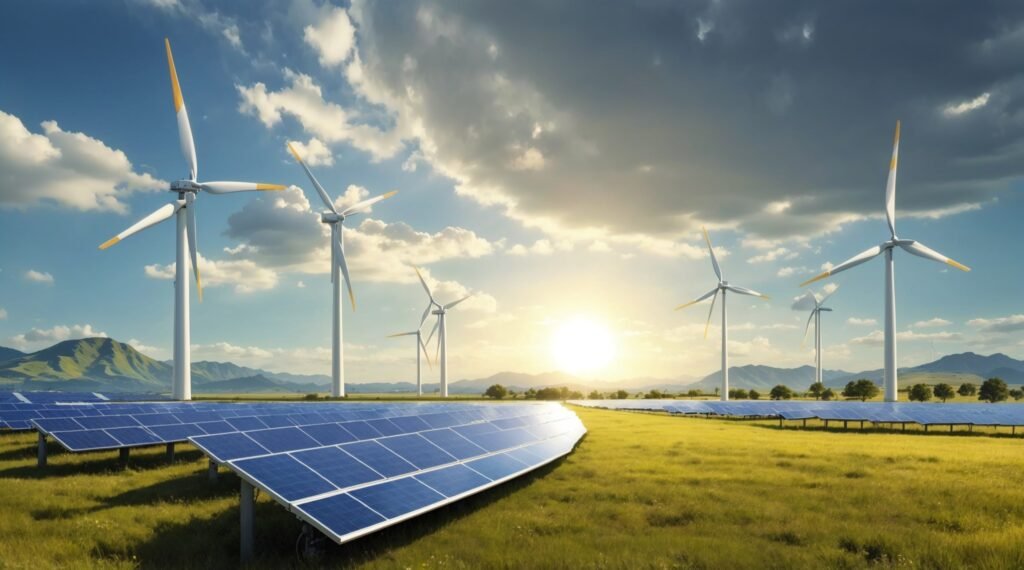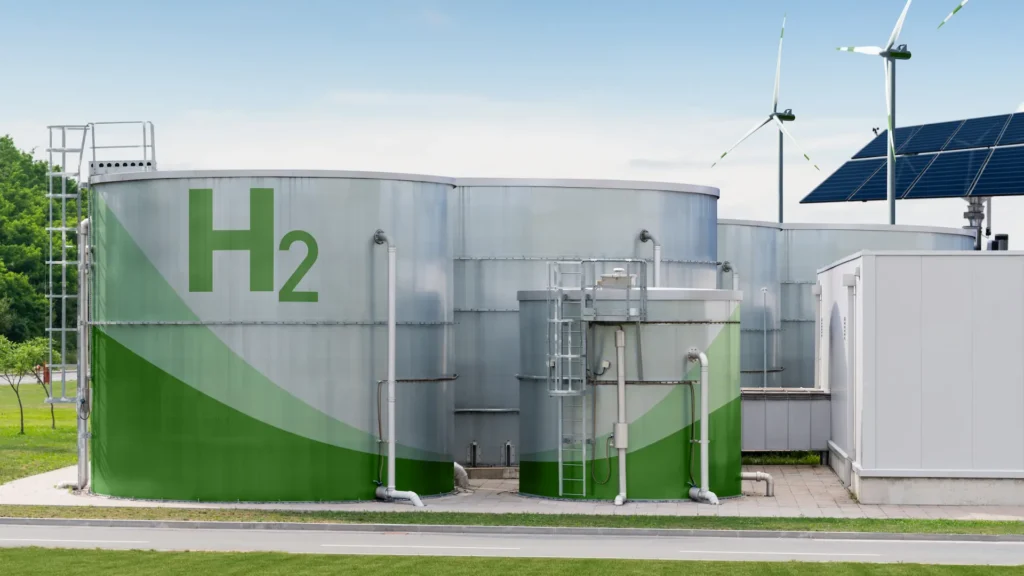Discover how renewable energy plays a crucial role in combating climate change. Learn about its impact on reducing carbon emissions and promoting sustainability.
Introduction
Climate change poses a significant threat to our planet, necessitating urgent action to reduce carbon emissions and transition to sustainable energy sources. Renewable energy is at the forefront of efforts to combat climate change, offering a clean and sustainable alternative to fossil fuels. This article explores the critical role of renewable energy in mitigating climate change and promoting a sustainable future.
1. Understanding Climate Change
Climate change refers to long-term changes in temperature, precipitation, and other atmospheric conditions. Human activities, particularly the burning of fossil fuels, have significantly increased greenhouse gas emissions, leading to global warming and severe environmental impacts. Learn more about climate change
2. The Impact of Fossil Fuels
Fossil fuels, such as coal, oil, and natural gas, are major contributors to greenhouse gas emissions. Burning these fuels releases carbon dioxide and other pollutants into the atmosphere, exacerbating global warming and environmental degradation. The transition to renewable energy is essential to reduce reliance on fossil fuels and mitigate climate change.
3. Renewable Energy Sources
Renewable energy sources are abundant and sustainable. Key renewable energy sources include:
- Solar Energy: Harnessing the power of the sun through solar panels to generate electricity.
- Wind Energy: Utilizing wind turbines to convert wind energy into electrical power.
- Hydropower: Generating electricity from the flow of water in rivers and dams.
- Biomass: Using organic materials, such as plant and animal waste, to produce energy.
- Geothermal Energy: Extracting heat from the Earth’s core to generate electricity and heat buildings. Explore different renewable energy sources
4. Reducing Carbon Emissions
Renewable energy significantly reduces carbon emissions compared to fossil fuels:
- Solar and Wind Energy: These sources produce electricity without emitting carbon dioxide or other pollutants.
- Hydropower: Hydropower plants have low carbon footprints, especially when existing infrastructure is used.
- Biomass and Geothermal Energy: These sources emit significantly lower greenhouse gases compared to fossil fuels.
5. Promoting Sustainability
Renewable energy promotes sustainability in several ways:
- Resource Availability: Renewable energy sources are abundant and naturally replenished, unlike finite fossil fuels.
- Environmental Protection: Reducing reliance on fossil fuels helps protect ecosystems, reduce air and water pollution, and preserve natural resources.
- Economic Benefits: Investing in renewable energy creates jobs, boosts local economies, and reduces energy costs over time.
6. Global Efforts and Initiatives
Global initiatives are driving the transition to renewable energy:
- Paris Agreement: Countries worldwide are committed to reducing carbon emissions and increasing the use of renewable energy. Read about the Paris Agreement
- Renewable Energy Targets: Many countries have set ambitious renewable energy targets to increase the share of renewables in their energy mix.
- International Collaborations: Partnerships between governments, industries, and organizations are accelerating renewable energy adoption and innovation.
7. The Future of Renewable Energy
The future of renewable energy is bright, with ongoing advancements and increasing adoption:
- Technological Innovations: Continuous research and innovation are improving the efficiency and affordability of renewable energy technologies.
- Policy Support: Governments are implementing supportive policies, incentives, and regulations to promote renewable energy development.
- Public Awareness: Increasing awareness of climate change and sustainability is driving public support for renewable energy initiatives.
Conclusion
Renewable energy plays a pivotal role in combating climate change by reducing carbon emissions and promoting sustainability. By transitioning to renewable energy sources, we can mitigate the impacts of climate change, protect the environment, and ensure a sustainable future for generations to come.
Join the fight against climate change by supporting renewable energy initiatives. Subscribe to our newsletter for updates on the latest renewable energy trends and innovations!


